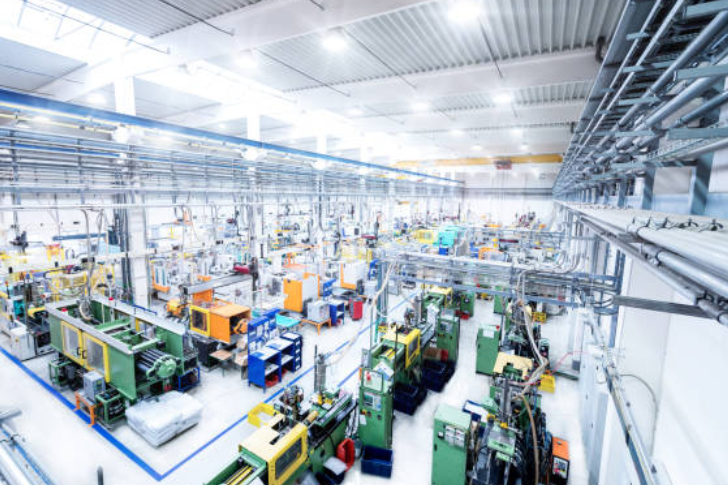
Posted on Wednesday, October 9, 2024
The manufacturing landscape is undergoing a radical transformation, driven by the fourth industrial revolution, commonly known as Industry 4.0. This new era is characterized by the integration of advanced technologies such as the Internet of Things (IoT), automation, data analytics, and artificial intelligence into production processes. Among the various technologies affected, roll forming machines are increasingly becoming smarter, enhancing their capabilities and redefining global production lines.
At its core, Industry 4.0 represents a shift towards more connected and intelligent manufacturing systems. The integration of IoT allows machines and systems to communicate with each other and with humans, leading to real-time data exchange and improved decision-making. Automation eliminates manual processes, increasing efficiency and reducing labor costs, while data analytics helps manufacturers gain insights from the vast amounts of data generated in production.
Roll forming machines are at the forefront of this technological revolution. Here’s how they are evolving:
The adoption of smarter roll forming machines has significant implications for global production lines:
Several companies have successfully integrated Industry 4.0 technologies into their roll forming operations. For example, a leading manufacturer of metal components implemented IoT-enabled roll forming machines, resulting in a 30% increase in productivity and a significant reduction in material waste. By utilizing data analytics, they were able to enhance product quality and reduce defects, ultimately improving customer satisfaction.
While the benefits of adopting Industry 4.0 technologies in roll forming are clear, there are challenges to consider. Manufacturers must invest in workforce training and upskilling to ensure that employees can effectively operate and maintain these advanced systems. Additionally, integrating new technologies requires a cultural shift within organizations, fostering an environment that embraces innovation and change.
As the roll forming industry continues to evolve, we can expect further innovations driven by Industry 4.0. The potential for new technologies, such as machine learning and advanced robotics, will likely lead to even greater automation and efficiency in roll forming processes. Manufacturers that embrace these changes will be well-positioned to thrive in an increasingly competitive global market.
The integration of Industry 4.0 technologies into roll forming machines is not just a trend; it represents the future of global manufacturing. By leveraging IoT, automation, and data analytics, manufacturers can enhance their operations, improve product quality, and respond to market demands with agility. As the industry continues to evolve, embracing these advancements will be essential for staying competitive in the dynamic landscape of modern manufacturing.

Used Purlin Roll Forming Machines for Sale Worldwide
Posted on Sunday, January 25, 2026
Pre-Owned Roll Forming Machines for Purlin & Structural Steel Profiles

Used Roof Panel Roll Forming Machines for Sale Worldwide
Posted on Sunday, January 25, 2026
Pre-Owned Roll Forming Machines for Roofing Panel Production

Used Roll Forming Machines for Sale Worldwide
Posted on Tuesday, January 20, 2026
Pre-Owned Roll Forming Machines with Inspection, Verification & Global Support

Steel Coil Supply for Roll Forming Machines Worldwide
Posted on Tuesday, January 20, 2026
Reliable Steel Coil Supply for Roll Forming, Fabrication & Manufacturing Applications
Copyright 2026 © Machine Matcher.